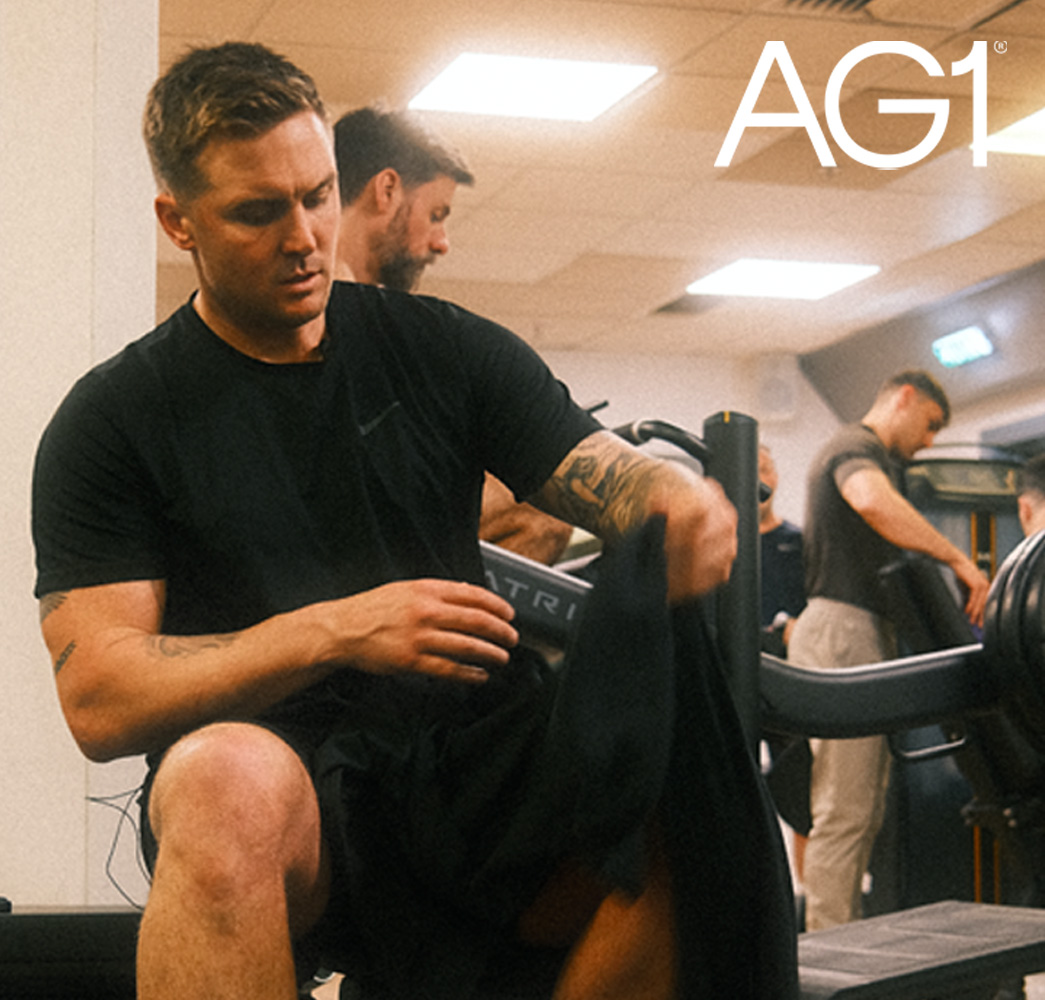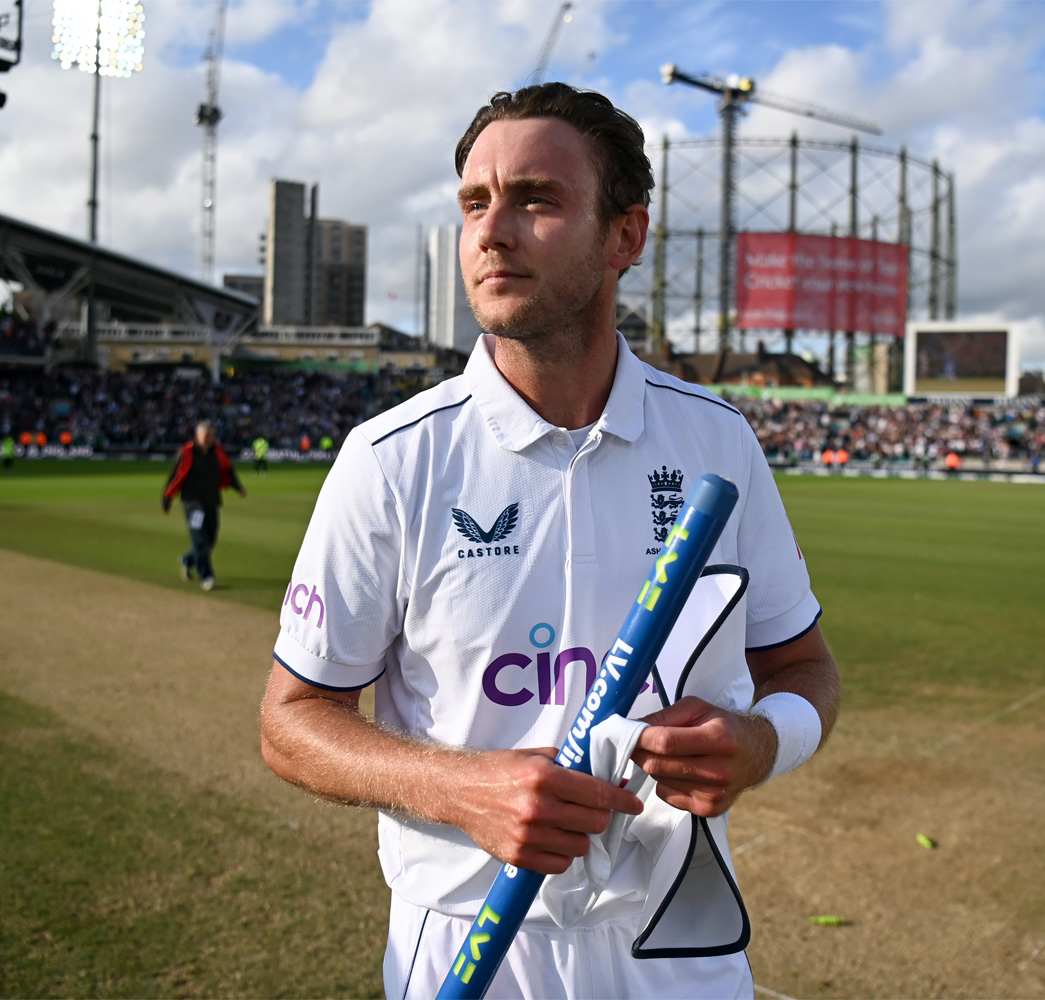Not all fuelling is about loading up.
Sometimes, discipline and restraint are as important as abundance. Stuart Broad’s approach to nutrition when he took part in England tours demonstrates how elite athletes adapt their diet to their physical preparation cycles.
Reflecting on his diet during a training camp, Broad said:
"I think it was about 2,000 calories a day - and still hearty, good meals. I wasn’t ever hungry."
That approach is backed up by James Collins, a performance nutritionist who has worked at the highest level of football with Arsenal and England.
"Nutrition periodisation means aligning intake with training load," he explains.
"On lighter days, you don’t need as much carbohydrate. On heavy days, you fuel aggressively. This ensures adaptation without excess."
This strategy - sometimes called 'fuel for the work required' - helps athletes to stay lean, sharp, and conditioned without compromising recovery.
TIPS FOR EVERYDAY ATHLETES
- Match intake to output:
If it’s a light training day, reduce the portion size or starchy carbs. If it's a heavy day, fuel up.
- Quality counts:
Focus on whole foods over processed snacks.
- Hydration matters:
Too often overlooked, hydration underpins digestion and muscle function.
THE BOTTOM LINE
Broad's approach during his playing days, and Collins' insights, remind us that nutrition isn’t just fuel - it’s intent. Whether it’s a 2,000-calorie day in training or a carb-heavy breakfast before competition, the smartest athletes eat in sync with what their performance demands.















.png)







